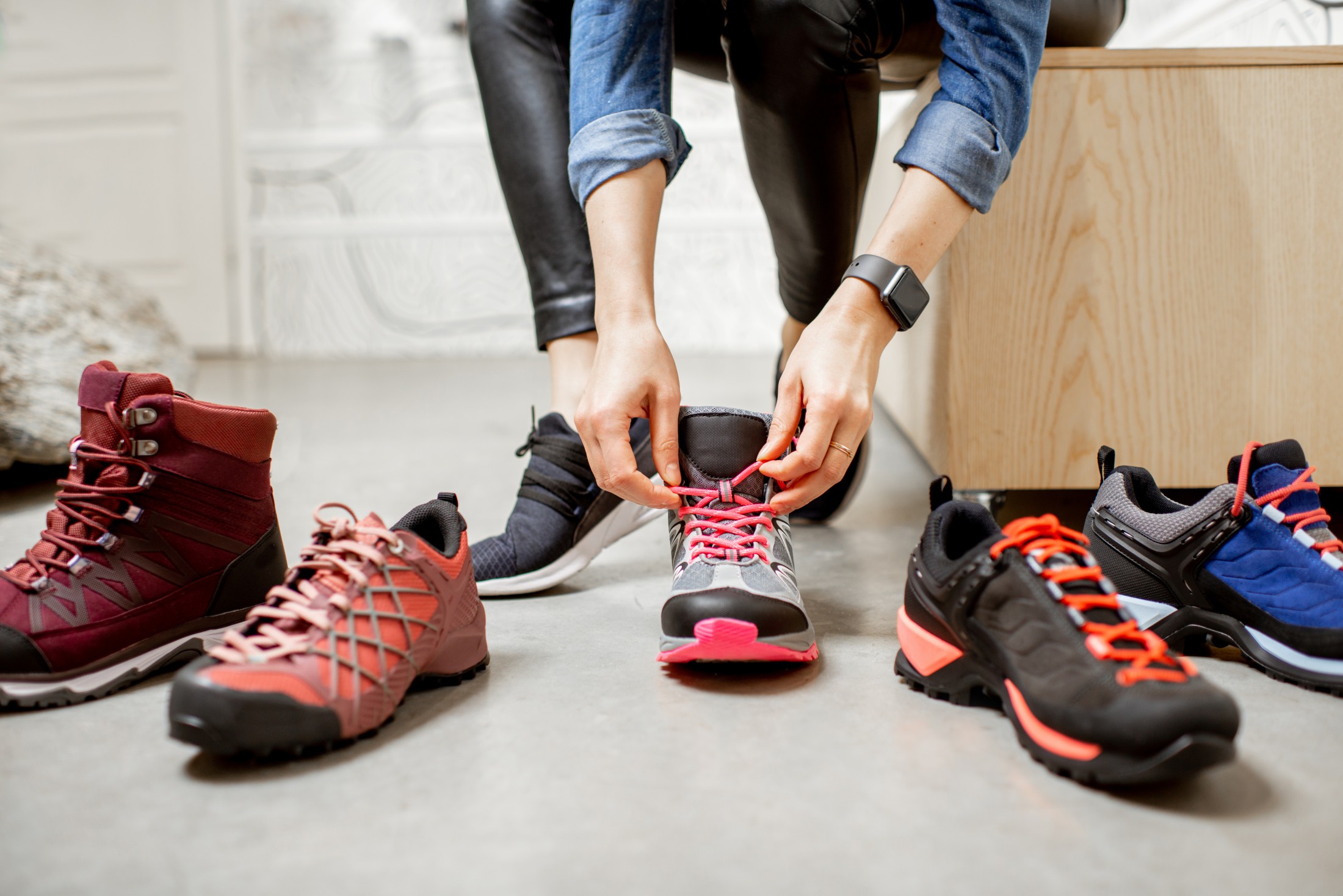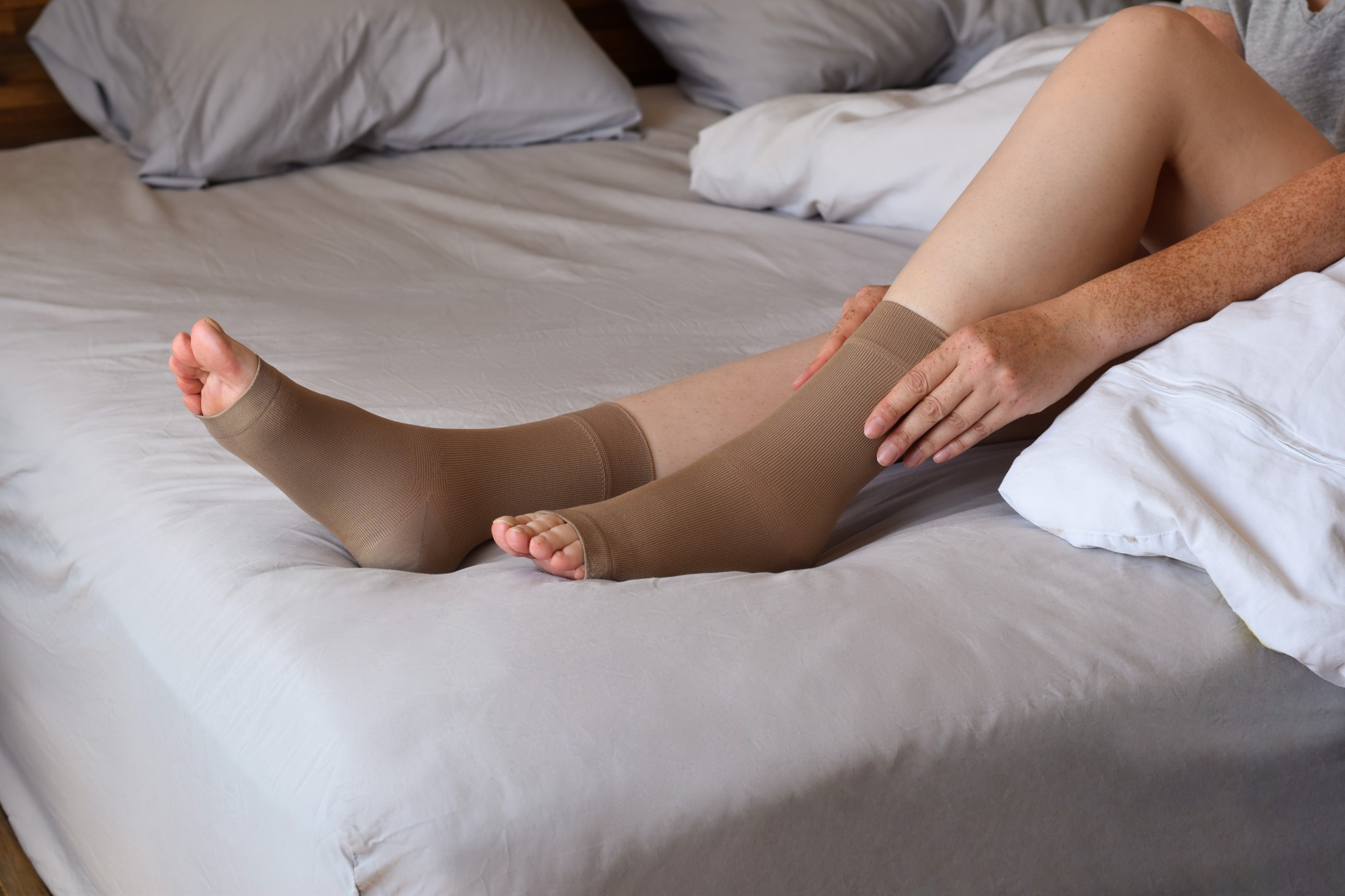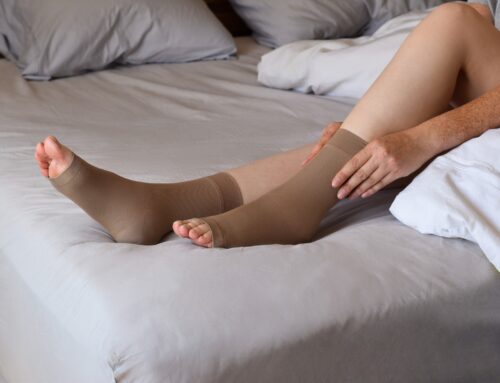Living with diabetes requires careful management to avoid complications. Diabetics are at a higher risk of developing foot problems due to poor circulation and nerve damage. These issues can lead to severe infections and even amputation if not properly addressed. Diabetic footwear helps manage foot health by providing the necessary support, cushioning, and protection. It helps reduce pressure points, prevent ulcers, and enhance overall comfort and mobility.
By choosing appropriate diabetic shoes and inserts, individuals with diabetes can significantly improve their foot health and quality of life. Investing in proper footwear is not just about comfort; it’s a proactive step towards preventing serious health issues.
Protecting Your Feet with the Right Shoes
Managing diabetes involves paying close attention to foot health to prevent severe complications. Diabetics often face common foot problems that can escalate quickly if not managed properly.
Common Foot Problems for Diabetics:
- Ulcers
- Infections
- Calluses
- Poor circulation
- Neuropathy
Diabetic footwear is specifically designed to prevent these issues by offering better protection, reducing pressure points, and promoting healthy circulation. These shoes provide the necessary support and cushioning to mitigate the risk of foot injuries, making them an essential part of diabetes management.
Proper footwear not only helps prevent complications but also enhances comfort and mobility for diabetics. Custom orthotics and specialized diabetic shoes are designed to offer superior fit, support, and cushioning.
Benefits of Specialized Diabetic Footwear
- Custom orthotics are tailored to the individual’s foot shape and needs, providing targeted support.
- Specialized footwear offers additional cushioning, reducing strain on the feet and promoting better mobility.
- Proper fit and support are crucial for maintaining foot health and preventing discomfort or injury.
Choosing the Right Diabetic Footwear
Selecting the right diabetic footwear is a critical step in managing foot health for individuals with diabetes. Proper footwear helps prevent complications, provides comfort, and enhances mobility. Understanding what features to look for in diabetic shoes can ensure you make the best choice for your needs.
When choosing diabetic footwear, it’s important to focus on specific features that address the unique needs of diabetic feet. These features help in providing the necessary support, protection, and comfort.
Proper Fit
The importance of size and shape cannot be overstated when it comes to diabetic footwear. Shoes that fit well can prevent blisters, calluses, and ulcers. Ensure that the shoes accommodate the shape of your feet, with enough room for the toes and a snug fit around the heel. Custom-fitted shoes can offer the best protection and comfort.
Support and Cushioning
Support and cushioning are vital for reducing strain on the feet and preventing injuries. Look for shoes that offer:
- Arch support to distribute weight evenly.
- Heel support to prevent slipping and provide stability.
- Adequate cushioning to absorb shock and reduce pressure points.
Material and Breathability
The best materials for diabetic footwear are those that offer breathability and flexibility while being durable. Look for shoes made from:
- Soft, breathable materials like leather or mesh that allow air circulation.
- Stretchable fabrics that accommodate swelling.
- Moisture-wicking linings that keep feet dry and reduce the risk of infections.
Choosing the right materials ensures that the shoes remain comfortable and supportive throughout their use.
Foot Examination Before Choosing Shoes
Before selecting diabetic footwear, it’s important to undergo a Chiropodist Foot Assessment. This professional evaluation can identify any existing foot problems that may require specific footwear features. Understanding your unique foot health needs ensures that you choose shoes that provide the right support, protection, and comfort.
A thorough foot examination helps in preventing future complications and ensures that your diabetic footwear contributes effectively to maintaining overall foot health.
Types of Diabetic Footwear
Diabetic footwear comes in various types, each designed to meet specific needs and preferences. Understanding the different options available can help you choose the most appropriate shoes for your lifestyle and foot health.
Therapeutic Shoes
These shoes are specially designed to accommodate foot deformities and provide extra support. They often feature removable insoles to allow for custom orthotics. Therapeutic shoes are ideal for daily wear, offering maximum protection and comfort for those with significant foot issues.
Athletic Shoes
Diabetic athletic shoes are designed for physical activities, providing the necessary support and cushioning to prevent injuries during exercise. They are typically lightweight, breathable, and have shock-absorbing soles to reduce the risk of foot trauma. These shoes are perfect for those who enjoy sports or regular exercise.
Casual Shoes
Casual diabetic shoes offer a balance between style and functionality. They are suitable for everyday wear and come in various designs to match different outfits. These shoes provide the necessary support and comfort while maintaining a fashionable appearance, making them a versatile choice for both work and leisure activities.
Custom vs. Off-the-Shelf Options
Choosing between custom-made and off-the-shelf diabetic shoes can be challenging. Each option has its own benefits and drawbacks, making it important to understand which is best suited for your specific needs.
Custom-Made Shoes:
- Pros:
- Tailored fit to individual foot shape and needs.
- Enhanced support and comfort.
- Potentially better prevention of foot complications.
- Cons:
- Higher cost compared to off-the-shelf options.
- Longer time to manufacture and deliver.
- Requires professional fitting and prescription.
Off-the-Shelf Shoes:
- Pros:
- More affordable and accessible.
- Immediate availability.
- Wide variety of styles and designs.
- Cons:
- May not offer the perfect fit, potentially leading to discomfort.
- Less personalized support and cushioning.
- Risk of inadequate protection for diabetic feet.
Replacing Diabetic Footwear
If you have diabetes, you need to take care of your feet. In addition to regularly seeing a Podiatrist, you should replace your footwear frequently. If replacing, check for:
Type of Shoe
Shoes made specifically for people with diabetes are designed with features that promote good circulation and prevent injury. They’re available in high heels and flat shoes like sneakers or loafers. Shoes should be replaced every six months to ensure they are in good condition.
Size of Shoe
A shoe that fits properly will support your feet without putting too much pressure on them. Shop for supportive shoes in the afternoon when your feet are at their largest size; wear the same socks that you would wear with the new shoes, and ask for help if needed when trying on different pairs of shoes. Your shoes should allow your toes to move comfortably without feeling too tight or constricted. This allows blood to flow through the feet and helps prevent pressure spots from forming in your feet due to constriction from shoes that are too tight or narrow at the toes or heels. If possible, wear thick socks while trying on shoes so that you can see how they feel when wearing them with socks.
Fit of Shoe
Insoles can make a difference in how comfortable a shoe is for someone with diabetes or other foot problems. Look for insoles that provide cushioning and support while allowing some room for movement inside the shoe.
Additional Tips for Diabetic Foot Care
Proper foot care is essential for managing diabetes and preventing complications. In addition to wearing the right footwear, adopting a daily foot care routine and knowing when to seek professional help can make a significant difference in maintaining healthy feet.
Daily Foot Care Routine
Establishing a daily foot care routine is crucial for diabetics to keep their feet healthy and prevent issues before they arise.
Inspect Feet Daily
- Regular inspections help in identifying cuts, blisters, or any abnormalities early.
- Early detection of issues can prevent infections and more severe complications.
Keep Feet Clean and Moisturized
- Wash feet daily with mild soap and lukewarm water. Avoid soaking feet for long periods.
- Dry feet thoroughly, especially between the toes, to prevent fungal infections.
- Apply a moisturizer to keep the skin soft and prevent cracks, but avoid the area between the toes.
When to Consult a Professional
Knowing when to seek professional help is important when managing diabetic foot health. Early intervention by a healthcare professional can prevent minor issues from becoming serious problems.
Signs That Indicate the Need for Professional Care:
- Persistent pain or swelling in the feet.
- Changes in skin color or temperature.
- Any wounds or sores that do not heal quickly.
- Signs of infection, such as redness, warmth, or discharge.
By following a daily foot care routine and consulting professionals when needed, individuals with diabetes can effectively manage their foot health and reduce the risk of complications
Investing in Your Foot Health
Proper diabetic footwear is an essential component of managing diabetes and maintaining overall foot health. The right shoes and inserts can prevent complications, enhance comfort, and improve mobility, making a significant difference in daily life.
By understanding the features to look for, considering custom options, and integrating orthotics or inserts as needed, individuals with diabetes can take proactive steps to protect their feet. Regular foot care and consulting professionals when necessary further contribute to preventing serious issues.
Investing in quality diabetic footwear is not just about comfort; it’s a crucial part of managing diabetes effectively. Prioritizing proper foot care ensures better health outcomes and a higher quality of life.
Share This Story, Choose Your Platform!
Table of Contents
We specialize in orthotics, body braces, and compression wear tailored to your unique needs in Toronto. Reach out to us at info@caremed.care or call 416-782-5353 to book your fitting and consultation.
Experience the difference of customized solutions designed just for you.











